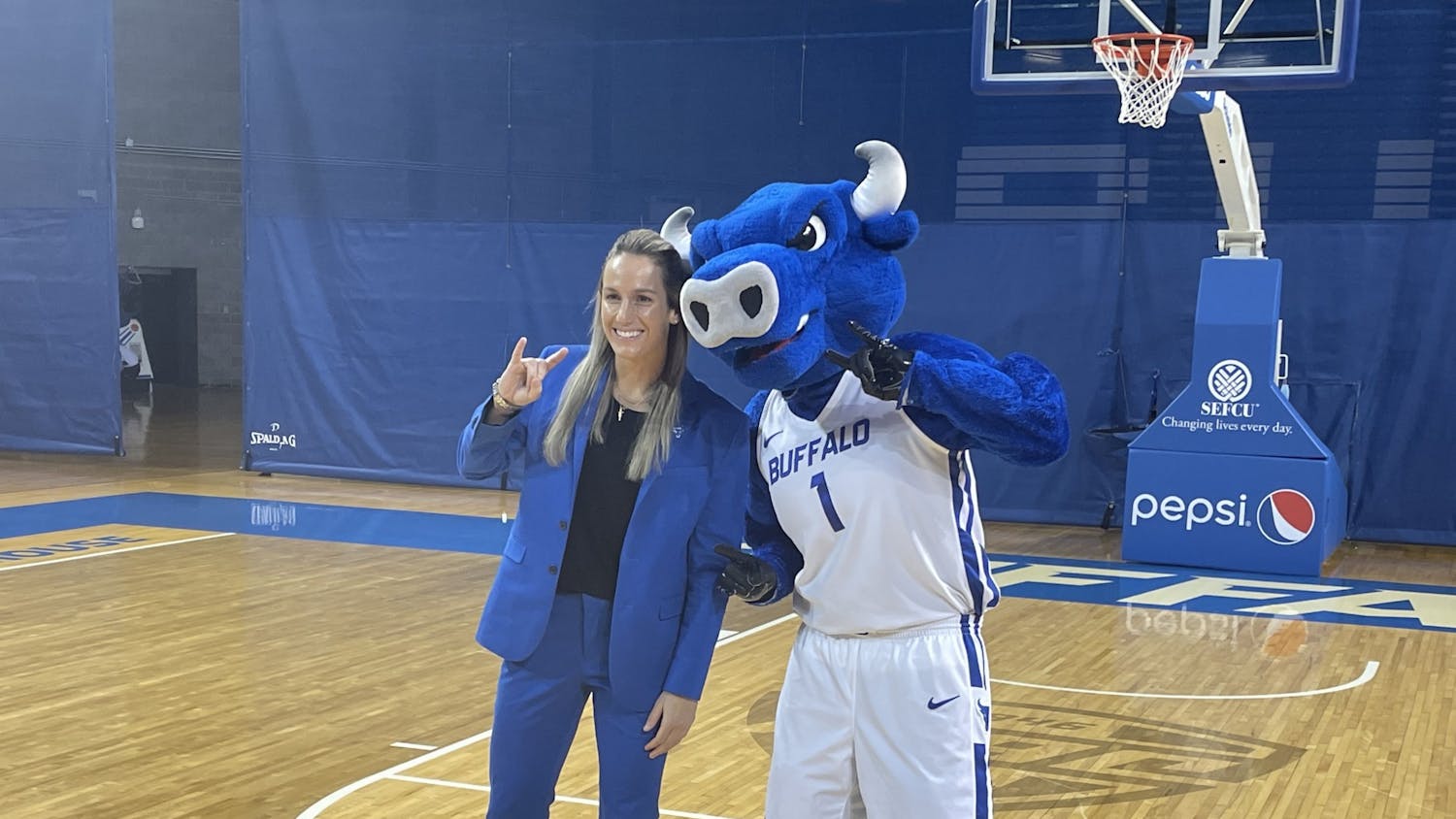For as long as I can remember, I’ve used comedy as a coping mechanism.
I grew up with few friends. While other kids met up after school to play basketball or walk around town, I’d plop my chubby little fifth-grade self in front of my TV and disappear into comedic cartoons like “Adventure Time” and “Regular Show.”
These cheerful cartoons brought me endless amounts of joy. I could watch characters like Finn and Jake fight sentient candy-people and make cheesy wise-cracks for hours on end.
I figured, “If I can make myself smile enough, no matter what circumstance, then maybe I’ll forget how alone I truly am.”
Loneliness can really do a number on a 10-year-old. When no one wanted to be my friend, laughter stuck by my side.
One day, I had an adolescent epiphany.
“Cartoons make me so happy, they make me bust a gut! Maybe if I can make people laugh, they’ll want to be my friend!”
And so, my desperation for laughter had begun.
I would do just about anything to make my peers crack a smile. I would tell silly stories about myself that never happened. I would interrupt my teachers during class time, looking for any and all chances to make a joke. I would intentionally trip so others would laugh at my clumsiness. I was hurting myself so people would like me.
And the worst part is, it worked.
After a trip, fall or fumble, other children started to enjoy my displays of clumsiness and disrespect toward authority figures. This positive reinforcement toward my reckless behavior turned me into a toxic, insufferable child.
But it’s all for the people’s enjoyment, right?
No matter how many times I hurt myself or got sent to the principal’s office for calling out in class, it was all worth it if it meant the other children would accept me.
After consistent rebellion toward teachers and purposeful bruising, I finally started getting included in various friend groups. At long last, people wanted to hang out with me.
Finally, people could see me. I officially came into existence, but only in service of others.
It was nice to be invited to and included in after-school activities with other children. But I wasn’t really being invited to anything — the character I created was.
In reality, the other children couldn’t stand me. But they loved that goofball who interrupted teachers and fell on his ass. They didn’t see me as a human being. To them, I was a court jester, a fool.
Fools only exist to serve, to entertain. And so I did. I put on my circus act at every peer’s house I was invited to.
Each desperate attempt at making others laugh started to feel like spears being thrusted
through my chest.
The children I hung out with would all go upstairs to “talk about something private” and tell me to sit in the kitchen to wait for their return. They were discussing future plans, sleep overs and how they could leave me out of them.
Laughter, my only friend, started to fail me.
I started to cry in my “friend’s” kitchen. His father walked in to see a chubby 10-year-old boy sobbing at his dining table. He pulled up a chair and sat down beside me. He looked me in my bloodshot eyes and said, “If you’re going to cry, you may as well go home.”
If you base your entire personality around making others smile, you forget to make yourself smile as well. Life becomes a vicious cycle of “How often did my friends laugh at my jokes today?” and “Hopefully I’m funnier tomorrow.”
It’s nice to want to make your friends laugh, but you need to show the other aspects of that winning personality you’ve got. It keeps you from being consumed by the fool.
Don’t live life in service of others, desperate for their companionship. Be the jester, the king, the queen and the knight, in all of their glory.
Dylan Greco is the senior sports editor and can be reached at dylan.greco@ubspectrum.com





